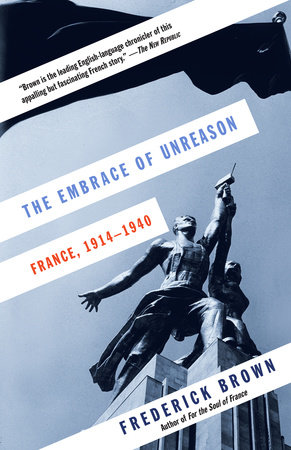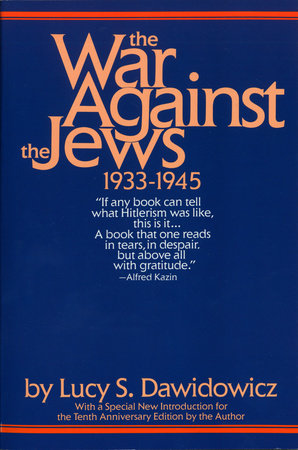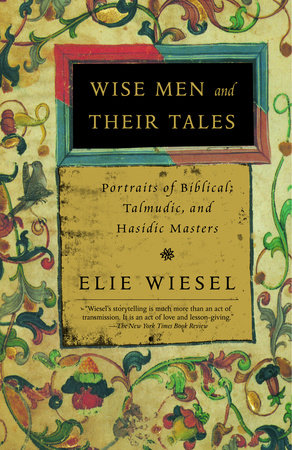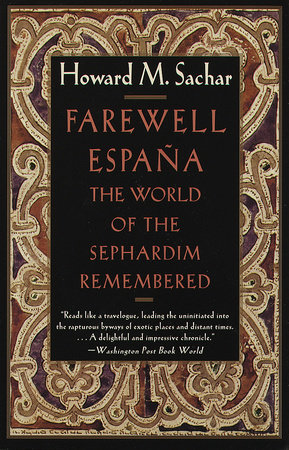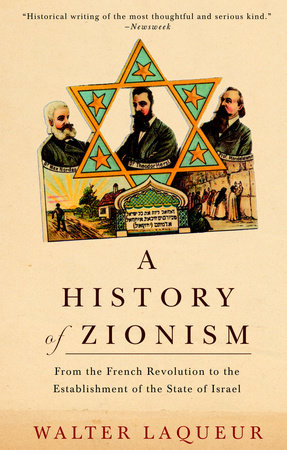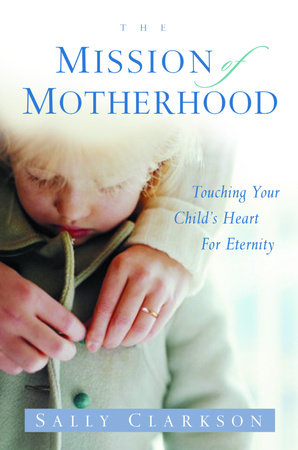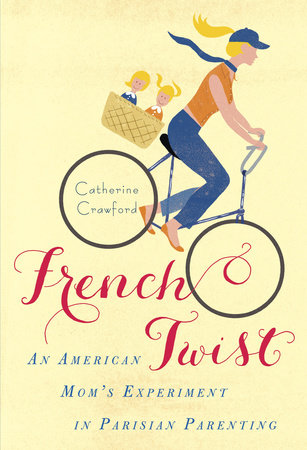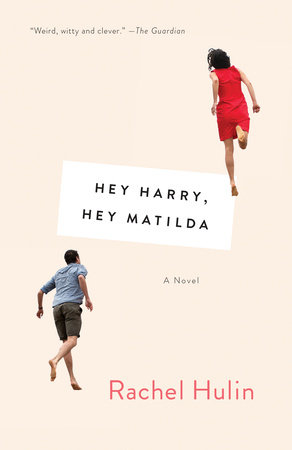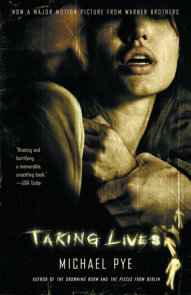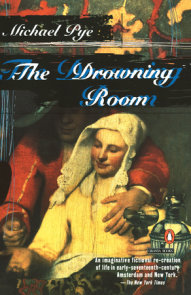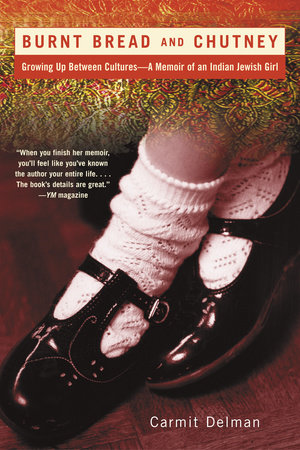Author Q&A
A Conversation with Michael Pye
author of THE PIECES FROM BERLIN
Q: Your new novel, THE PIECES FROM BERLIN, is based on a real historical figure who accumulated wealth after World War II by selling art she had obtained from Jewish families in Berlin. How did you happen upon this true story, and what inspired you to adapt it for a novel?
A: I heard the story at a dinner party in Zurich — from a TV journalist friend who’d been chasing down what the Swiss did in the art markets in World War II. Some of the stories I knew
already, some of them were headline news, and then there was one story about a particular woman.
A cultured Italian woman, she had been in wartime Berlin. She looked after the property of her Jewish friends, sometimes offered to help with sending their money abroad, and then she saw them taken off to the camps. She got out of the ruins of Berlin with seven truckloads of their most precious things. She ended up rich and grand and respectable – selling their fine items in a Zurich antiques shop. And she died happy in her villa by the lake. Her crimes were appalling, and then there was something almost worse: the comfortable way she survived them.
I really tried to get the story out of my mind. It was a horror story, an offense to any idea of justice. But I knew my journalist friend had already done everything possible to research
the story. So, for me, it had to be imagined, a work of fiction rooted in facts.
Writing this novel was dangerous work — I mean, morally dangerous. Lucia knew how to fascinate; she knew how to use sex and pity and greed and kindness. You see the humanity in a criminal like this, and you warm a little to her, and you have to keep your moral bearings. How much can you know and understand before you lose the power to judge? How do you keep alive the reality of what she did, after she becomes a vulnerable old woman?
I knew this couldn’t be a simple story about Nazi gold. It’s about the shadow of terrible crimes. It is a mystery, in its way: a story in which we get closer and closer to the truth of what happened, to the mind and the circumstances that made it possible.
Q: You live and write near Coimbra, Portugal. The novel is set mainly in Zurich, but involves characters whose lives and art collections span much of Europe. Where did your research lead you?
A: Deep rural Portugal is a good place to retreat and write, but you’re absolutely right — the story was somewhere else. It meant traveling, and not just from place to place; it meant trying to imagine the life of a socialite daughter in Milan almost a century ago, then the life of a child in Berlin being bombed to ruins. So I spent a year walking the streets of the cities in the book, working in libraries, looking at all the photographs I could find in archives and listening, listening, listening to people. I wanted to be responsible as a historian. Then I wanted to make history a matter of the heart.
There’s one afternoon I remember particularly. I went to a private collection in Zurich, assembled by a gun-maker who sold anti-aircraft weapons to the Nazis and who collected art all the way through World War II, when paintings that once belonged to Jewish collectors could be purchased for almost nothing. I stood in the midst of these glittering paintings — the Delacroix on the stairs, the Gaugin in the corner, the Picasso on the way to the attic — and just for one terrible moment I wondered what I would have been capable of doing to have such wonderful things. I knew when I started this book, I’d have to go to the very limits of my moral certainties. I can tell you: it’s frightening there.
Q: The novel shifts in perspective, depicting the lives of each member of the Muller-Rossi family, as well as the travelers who confront them about the origins of the antiques in Lucia Muller-Rossi’s shop. Why did you tell the story this way, rather than choose one protagonist?
A: Lucia’s story belongs to many people. It belongs to her son, who thought he had to keep quiet just so he could have a life. To his children, who insist on speaking out, who can’t understand how the silence could have gone on for half a century. To the woman who challenges Lucia, but does not want, after such a long life, to be reduced to a victim. And to the outsiders, us, the ones who don’t know our history well enough to see what happened and what it meant. We have to see Lucia through the eyes of very different people, those who love her as well as those who have every reason to hate her — until finally we have a chance to see through the eyes of Lucia herself.
We’re still in the shadow of much that happened in the Second World War. We’re being shocked by things we should have known and settled half a century ago.
Q: In describing one character during the period immediately following World War II, you write: "War didn’t change him. Peace did." Tell us a bit about this statement. Is this a sentiment you encountered as you talked with people who had survived the war?
A: That’s only one character talking, of course. But you do find that notion. People came back from war, so they told me, ready to start anew, often very willing to put their war experience far behind them. My own parents have only just begun to talk about the war in any detail, and they’re now in their nineties. What they cared about was making something new, something different. But you can’t do that if there is unfinished business. . .
Q: The Second World War is a period that writers and readers continue to mine for stories. What do you think readers of this novel might find surprising about WWII and its aftermath?
A: Sometimes I think we see the abominable acts of the Nazis and we assume there must be some grand, epic reason behind them: something as evil as the acts themselves. The truth is that there is another story, one which cuts down the villains without underestimating the scope and the horror of their crimes. It’s the story at human scale, the story of all those who took advantage, the ones who found the moral universe turned upside down and just did what would give them cash or power or pleasure. It’s the net of small crimes that made possible the enormous one of the Shoah itself.
They’re the crimes we can imagine. They’re the crimes that test what any one of us might have done. That’s why I had to tell this story.



